We live in a difficult world, rife with headaches and hardships. Each day new problems arise, and we are forced to self-diagnose and medicate to calm the stresses, the woes. But what if we didn’t–what if we made the very specific choice to just be happy? Is that even possible?
This is the massive philosophical question that playwright and performer Tim C. Murphy seeks to answer in Blind to Happiness, his solo show currently running at UNDER St. Marks. Using, in his words, the “quirks and quarks” of characters from his past, Murphy muses through three very different characters.
We are first introduced to Couks, a socially awkward, but notably gregarious dishwasher. Life, it seems, has not been especially kind to Couks. His father has recently passed away after a battle with alcoholism and diabetes, he has a hard time going out and making friends, and Steve, the head chef, has it in for him. He is showing signs of following in his father’s footsteps. Through it all, however, Couks seems to be unrelentingly positive.
One of Couks’ greatest admirers is Mike, a co-worker and graduate student getting his Ph.D in positive psychology. Mike tells us of Couks’ troubles, and the scientific theory that happiness is a choice. He uses Couks as an example, how he chooses to see the best in everything, makes an active decision to be happy despite his seemingly unhappy circumstances.
Afraid of the spotlight, but secretly yearning for it, is Bliss, another server at Couks’ restaurant, and an aspiring poet.
Through many one-sided conversations, much is revealed about the lives of these three men, all struggling to find fulfillment and joy in their lives, and it seems that Couks is the key to the others finding happiness. He is at the same time their hero and their charity case.
Murphy plays each man with his own distinct air, but Couks is clearly the most fleshed-out. Based heavily on a former co-worker of Murphy’s, it’s clear that his is the story Murphy wants to tell the most. And while his performance is hilarious and heartbreaking and a brilliant homage to such a character from his past, the thesis statement and the storyline don’t seem to match up entirely. We are left wondering if happiness is indeed a choice for us all. Sure optimism is, and choosing to have a rosy outlook on the world, but the characters in this piece bounce so far back and forth across the happiness spectrum, you’re left wondering if they will ever be able to find a middle ground.
There’s also the question of, what if happiness isn’t a choice to us all? Aren’t some people simply chemically imbalanced? Murphy briefly flirts with this idea, but doesn’t explore it entirely.
Obviously this is a huge question to try and answer in sixty minutes, and Murphy does a wonderful job of illustrating the ideas behind the theory. His characterizations are excellent, and he keeps the audience engaged from start to finish. By the end, there is light and levity and love; all the makings of a happy ending.
~~~
Blind to Happiness Company: Better To Burn Out Productions Feb 28, 6:00PM Feb 29, 7:30PM Mar 03, 10:00PM $16.00 UNDER St. Marks~~~

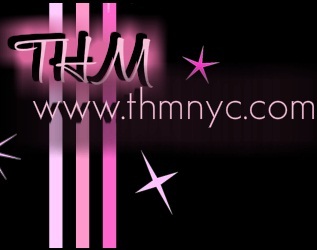
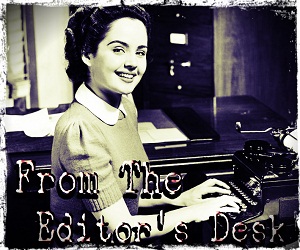

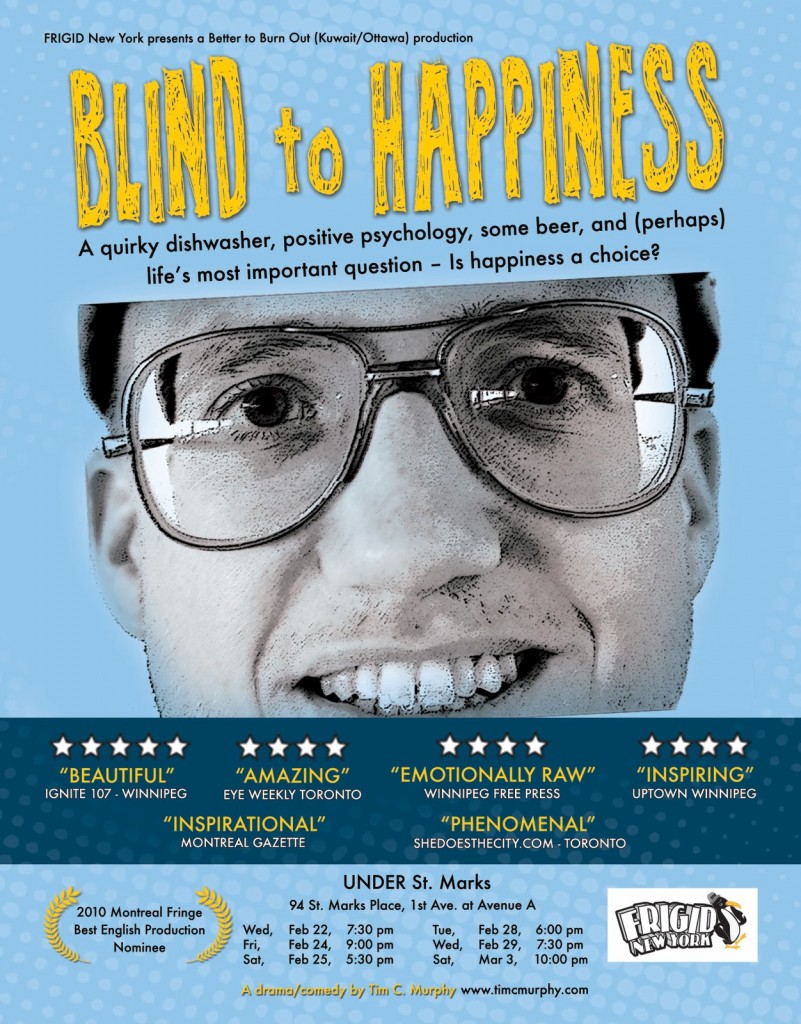

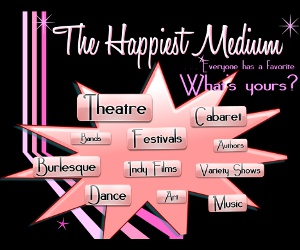
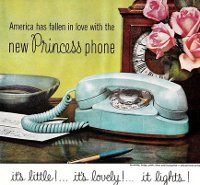
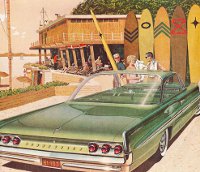
{ 0 comments… add one now }